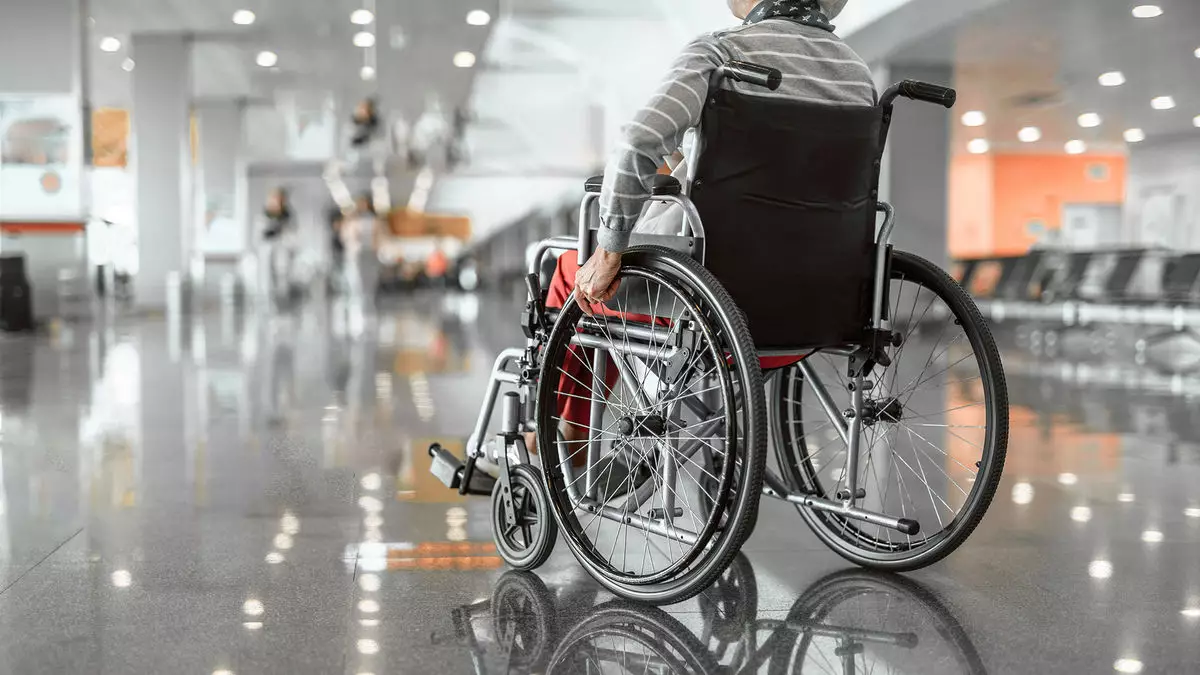In a significant move, five major U.S. airlines, alongside the industry group Airlines for America (A4A), are turning to the judicial system to contest new regulations aimed at improving accessibility for wheelchair users. In their petition filed on February 18 with the U.S. Court of Appeals for the Fifth Circuit, the airlines—American, Delta, JetBlue, Southwest, and United—argue that the U.S. Department of Transportation (DOT) has overstepped its legal boundaries with its latest rule changes. According to their claims, while they support the introduction of regulations to assist passengers with disabilities, certain aspects of the new rules are seen as excessive and beyond the DOT’s statutory authority.
Details of the New Regulations
The new regulations, which were finalized and released by the DOT on December 17, introduce a myriad of changes designed to enhance the travel experience for those using wheelchairs. Key among these changes is a refined definition of “mishandled wheelchairs,” making it more straightforward for the DOT to impose fines on airlines that fail to return wheelchairs to customers in their original condition. This shift aims to hold airlines accountable for mishandling essential mobility equipment, an aspect that disability advocates have long called for.
Furthermore, the rules stipulate mandatory annual training for airline staff responsible for wheelchair handling and assisting passengers with disabilities. This requirement aims to ensure that employees are adequately prepared to handle sensitive situations related to passengers requiring mobility aids. The regulations also outline stricter guidelines for airlines concerning the repair and replacement of damaged wheelchairs and demand timely assistance for travelers during boarding, deplaning, and connecting flights.
Industry Response and Advocacy Perspectives
While disability advocacy groups have largely welcomed these new measures, underscoring their importance in promoting equitable travel experiences, the airlines involved express concerns about what they perceive as regulatory overreach. A4A has articulated that although they have historically endorsed regulations benefiting wheelchair users, certain provisions of this latest rule appear to contravene the Administrative Procedure Act, thus necessitating their legal challenge. Their efforts highlight a complicated relationship between regulatory compliance and operational feasibility within the airline industry.
Despite the pushback, the disability community has cite significant progress due to these regulations. Advocates argue that ensuring people with disabilities have the same rights and access to services as everyone else is not only a legal obligation but also an ethical imperative. The airlines, in response to the growing demographic of travelers with disabilities, have expressed their commitment to offering secure and supportive travel environments, acknowledging the evolving needs of this segment of their customer base.
As this legal battle unfolds, the outcome may significantly impact future regulations concerning air travel accessibility. The tension between the airline industry’s operational priorities and the necessity for comprehensive regulations protecting the rights of disabled travelers underscores the challenge of creating a balanced approach. Ongoing dialogues between regulators, industry representatives, and advocacy groups will be crucial in shaping an accessible travel landscape that respects the autonomy and rights of every passenger.


Leave a Reply